Date: November 27th, 2013 1:03:01 p.m.
| In case you cannot read this newsletter please press here |

|
| For the greek version of this newsletter please press here |
|
What we saw on the 8th Week of AGORA The stories of Caravan Project, the first movie of the week in the context of L' Ecran Noir and the polyphonic music of Epirus by the team of Epirus Polyphonic Singing of the Synergatiko Kafenio and Areti Miggou opened the eighth week of AGORA, which once again evolved to a continuous event. The week continued with different Opsis of works exhibited in AGORA, with artists and the Pre-Institutional Critique Workshop by the ASFA Department of Theory and History of Art presenting different aspects of creation, as well as the poetic workshop by Marialena Marouda getting out of the Machine room and walking in the city center. Friday in AGORA was full of surprises, with the symposium Erect Like a Country debating the relationship between erotic stimulation and human worldview. Apart from the participation of distinguished guests the day closed with a presentation of the work Lycaon, an Apology for Desire by Dimitris Di mitriadis in a performance directed by Yannis Houvardas and the creator in the main role. In a weekend dense of events, AGORA welcomed once again a lot of people who heard the touching stories of the people of the schedia street magazine and watched the auction by OKK Aktionsgruppe, the revealing campaign of the Art Auction Transaction Tax by Neil Cummings, the musical experiments of Nightshift, the interesting discussion between Gene Ray and Iain Boal on creative alternatives in the state of bankruptcy, closing with the last Sunday Kyklos around Internet and storytelling. |
The program of the ninth week of AGORA:For a detailed program of the ninth week of the 4th Athens Biennale AGORA, please visit our Calendar. |
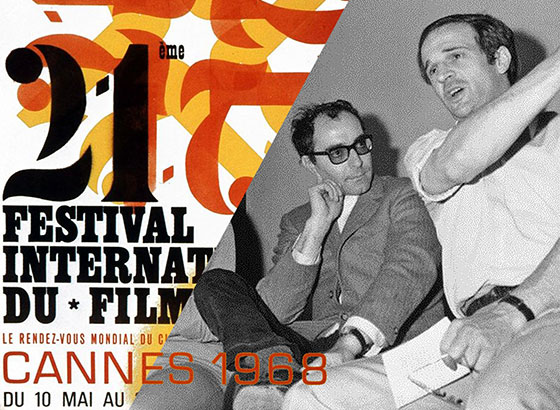
Zafos Xagoraris - "L'Ecran Noir"series of screenings
This historic project focuses on the historical event of the cancellation of the Cannes festival in 1968 as an act of solidarity to the students and workers of Paris and other cities of France.
Second Week Program: |
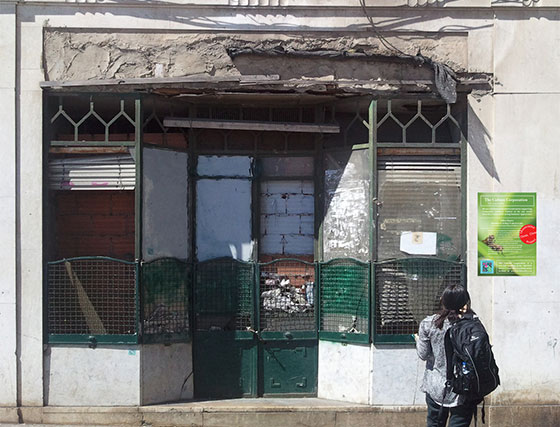
Mi You, Lisa BenselArchive Effect
Archive Effect is an archive of fictional creative initiatives and businesses. They address the precarity issue in daily life of artists and creative workers. Some of these initiatives or businesses are indeed designed for young artists to make a living, such as the independent-young-artist-friendly 5urich insurance, artist-led child-care service Αvant Garden Group, artistic psychoanalysis practice Lacancan and Derridada to name a few. The commonality of them is a critique on cultural policy, commercial developments and common (un)goods. Tuesday 26/11, 17:00-20:00, 8–10 Sofokleous st. (Machine room) |
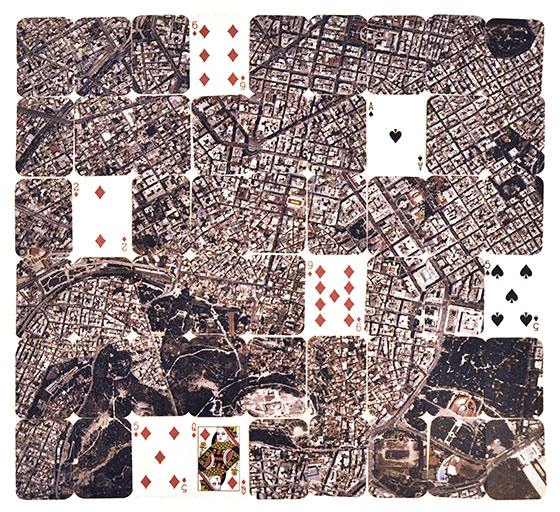
Christina Vasilopoulou, Fanis KafantarisPoker Invitation As "crisis-city" readjusts a retract, issues on dominance become tangible in the everyday practice and a poker table set for AB4 claims an apocalyptic role. Visitors of the biennale may join spontaneous or premeditated marked cards poker games where Athens appears as a deck of cards forming a jigsaw puzzle on a video projection. A roundtable discussion through a special poker game set for the second part of the project invites rapporteurs from different fields to an open dialogue with the public on an exchange of views meeting place potentiality.Poker Invitation is a proposal for an open discussion concerning both dominance and crisis in metropolis and and virtouosity and strategy in the urban field. While following up a discourse on the city in a discipline-sharing approach, everyday space tends to elude on a lasting move where agora boundaries appear fluid. Promise of a collective dispute next to the reality of an individualized coexistence rake up urbanity issues on a historical repetition basis and the deck gets dealed as if it was a poker game. Whether cards appear marked or not, city history and governance geography ensnare play tactics on this game and an advantage is granted only for those who can identify the marks. Art of war base principles attest on the space of the 'built' and the field appears ordered on social relationships rather than on social ranking. In this field every possible conflict seems inherent but concurrently absent. Subject's virtuosity remains irreplaceable and no chart nor graph or data can direct multitude's tactics towards this uncharted geography of the random. Strategy reveals itself as a utopia and not as a technical capability, as a field of reflection and challenge rather than as predefined path whilst tactics reply and recast a question of conflict. It is in this field where a promise to win is constructed, concept and form, a contingency for a new aesthetics. Each subsequent round on the urban field no appears critical.
Guy Debord agrees that:
* Guy Debord, Notes sur le poker, Oeuvres completes, ed. Gallimard, coll. Quarto, Paris, 2006, pp. 1790 – 1791. Poker tables: 26 November 2013, 16:00-18:00 Poker entry submission: prosklisisepoker@gmail.com / www.prosklisisepoker.wordpress.com
Roundtable discussion: Tuesday, 26/11, 16:00–20:00, 8–10 Sofokleous st. |
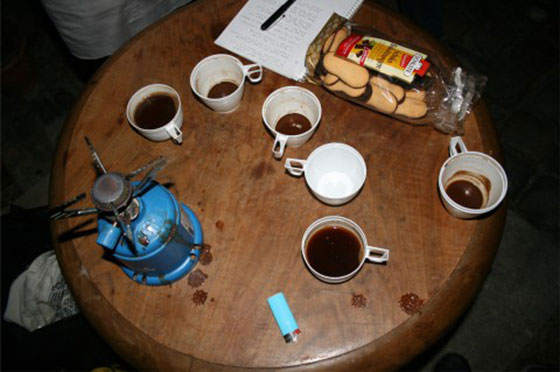
Campus NovelCollective Authorship
Campus Novel suggest Collective Authorship as a happening based on an everyday social practice. Coffee and the ritual that have been linked to its consumption in Greece, offer the contect to develop an 'experimental' condition of collectivity. The coffee ritual is chosen as an act of socialization, dialogue and debate. Through a series of coffee sessions, the artists discuss with visitors – volunteers, regarding the crisis. The performative form of Collective Authorship gives the ability to set the terms and the construction process of a collectivity condition. By using an everyday social practice in the way that M. de Certau suggests in his book L'invention du quotidian. Arts de faire a relational event is created, in which the participants – users develop a collective hypertext, an idiosyncratic community with the ambiguities and contradictions that it is likely to involve. The table of Collective Authorship aspires to be a simulator, a minimum experimental kernel, which discusses the limits of a participatory venture.
Wednesday 27/11, Thursday 28/11, Friday 29/11, 15:00–19:00, 8–10 Sofokleous st. (Machine room) |
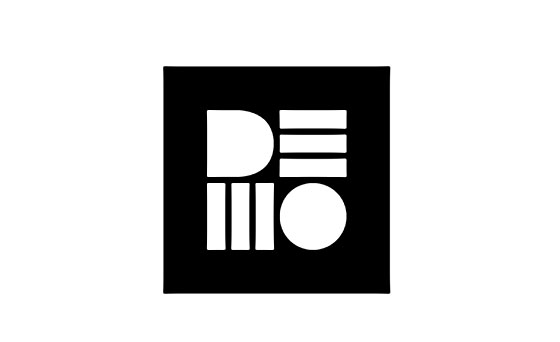
DemoCratesmusic The participatory music event for one day in AB4 Athens Biennale. The idea is simple: take with you a musical piece and come to ΑGORA! DemoCrates invites the AGORA audience to an unprecedented dynamic game of musical exchange. The audience selects and brings pieces of all kinds, which they wish to share: mp3s, vinyls, cds or usbs with types of audio content, songs, speeches/recordings or remixes; just bring them to the site of the Biennale and in the afternoon of Wednesday 27 Npvember they will be heard together. Create jointly on the spot an interesting random participatory soundtrack! The idea of the DemoCrates event promises to compile and connect in the exhibition venue a single sound that consists of your suggestions in a unique experience. The Athens Biennale Agora raises the key question 'Now what?' Our times are in need of people that are interested to participate. Are you ready for a 'democratic' musical happening? The result will be determined by your participation. Wednesday 27/11, 18:00–21:00, 8–10 Sofokleous st. |
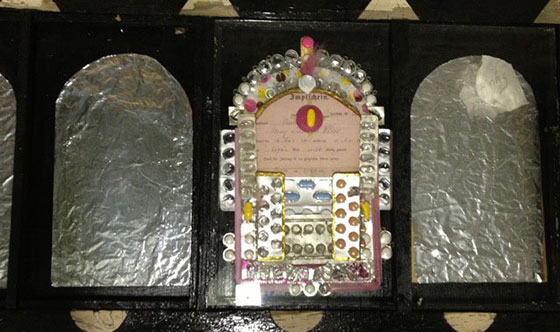
Gudrun Wernet, Thomas MeisingerMullkabin (Waste cabin) The artists Gudrun Wernet and Thomas Meisinger present in AGORA their work Mullkabin. A cabin in the size of a telephone booth, built by forgotten objects and trash, a chance to listen to the voice message of a stranger, who used the booth before us. In the center a simple record player with two switches and the indications hear and speak. The first switch allows you to listen to the recorded message, while the option speak records the voice, but automatically deletes the previous message. If someone converts the order of use by speaking, without hearing the message of the predecessor, they lose the ability to communicate. The materials for the construction of the cabin do not come from the urban environment: the cabin is constructed from objects that one finds on the beaches in autumn after the departure of tourists, as well as litter of ships and other objects that end up in the sea only to be deposited again on the beach. Namely whatever one can encounter in a cleansing action on Greek beaches The waste cabin is a metaphor for the real political situation; the Greeks seem to have been left alone with the Summer garbage! Now that garbage will return, traveling in the cabin and seeking their old owners. The messages of the cabin will accompany them. The search path will lead them to visit the countries where they are produced. But no one wants to remember the trash they left behind. Simlarly, no one seems willing to really listen to the concerns and needs of others, but prefers the easy option of indifference, addressing the ideas and opinions of others as something without value that can can throw away without too much thought. Translation: G. Papadopoulos Supported by the Athens School of Fine Arts that hosted the artists and the burning athens residency program. Thursday 28/11, 19:00–20:00, 8–10 Sofokleous st. |
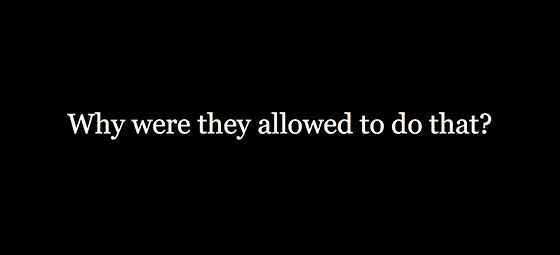
Hilde de Bruijn, Annabel Howland,Producers-Parasites-Hosts (Athens mix) At the invitation of curator Hilde de Bruijn (Amsterdam), artist Annabel Howland (Amsterdam) has turned part of her work-in-progress 'Producers-Parasites-Hosts' into a 20-minute, multi-channel sound piece. The work contains a multitude of voices, including research scientists turned investment bankers, a leading evolutionary biologist, economists, and an HFT expert, speaking about parasitical and productive relations. Parasites never benefit their hosts. So why would cooperators benefit their hosts at their own expense? And what is the role of 'cheaters'? Through intricate editing, Howland builds up a speculative web that draws lines between art, finance and science.
The lecture with Howland is part of De Bruijn's research into the relationship between contemporary art practices and the thought and writings of avant-garde artist Asger Jorn (1913-1974). Jorn's texts occupied an outspoken position in the philosophical debate about the position of the artist in society. De Bruijn will make a non-conclusive attempt to communicate some aspects of these writings against the background metaphor of parasitic/symbiotic life. Thursday 28/11, 20:00–21:00, 8–10 Sofokleous st. |
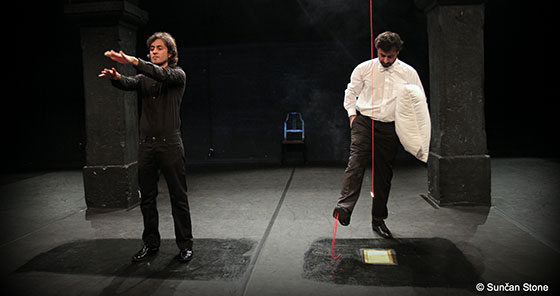
Madeleine AmslerIt Takes Two to Tango
With: Rather than responding to a specific theme, organization of this evening of performances takes as its starting point the lowest common denominator: a space and a pair of artists. The program presents three variations on the notion of conquering a specific space and of artistic teamwork. The creative process that normally takes place in the studio is exposed to the audience in a show to which each performer brings his own art. No more a bystander, the viewer becomes a witness to a continuous process of trading space, time and materials. Gregory Stauffer uses his body to gauge space and examines his social roles, whereas Tarik Hayward explores space through sound. Together they graft the image of imagined landscapes on a real, tangible space. Urnamo, an artists collective, will create transitory images using objects and materials that reference our origins, everyday lives, and the site where the performance takes place. The immaculate choreography of their combined action creates a rich cache of potential images. Richard Le Quellec (*1979 in Paris, lives and works in Geneva): Equally critical but also upholding of morals and ethics, many artists have developed their craft regardless of laws. We are going to see how certain individuals through their expertise, have, in order to flourish, transgressed the rules of a biased society without, nevertheless, breaching ethical principles. Friday 29/11, 20:00–21:00, 8–10 Sofokleous st. |
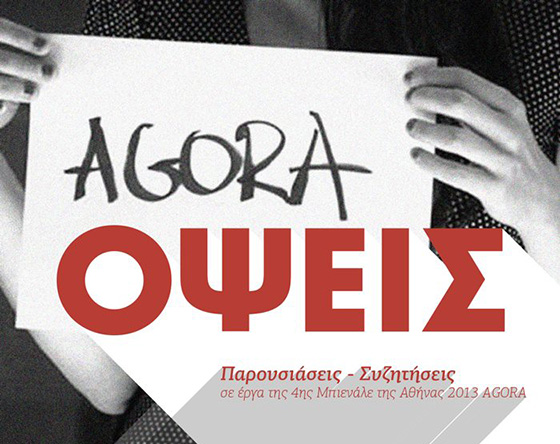
OPSISseries of presentations
The 4th Athens Biennale activates the artworks of the exhibition with the participation of the public. A series of meetings among public, curators and artists will take place in front of particular works aiming to an interpretational approach. An analysis of the relations among works, artistic practices will emerge through dialogue, while their connections to the thematics of this year's Biennale will also be discussed.
Wednesday, 27 November: Chrysanthi Koumianaki (18:00-19:00), Zafos Xagoraris (19:00-20:00) |
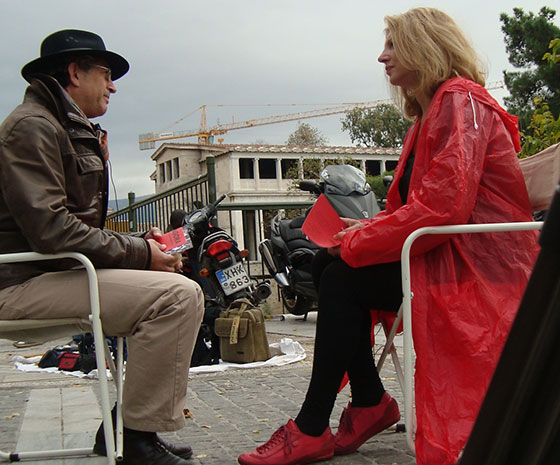
Katerina ZaharopoulouIn Agora (x) 4
Can an interview stand outside the media context? What is an on the road interview, apart from a reportage or opinion poll? How much can an everyday person, a person who lives, works or does not work in this contradictory city, penetrate the context of art and its structures? To what extent can artists dynamically infiltrate society? What exactly do they want to indicate with their images? Can we bring to the Athens Biennale people who do not know about it, people who simply do not know how to approach it? Is the relatively new trend in art for structures borrowed from other activities, like lectures, teaching etc., capable to involve the world inside and outside of it? Saturday 30/11, 17:00–19:00, Sofokleous st. |

VALUEworkshop
Value Archived: An Assessment of the Workshop Coordinator: Elpida Rikou (social anthropology / visual arts). Saturday 30/11, 17:00–20:00, 8–10 Sofokleous st. (Machine room) |
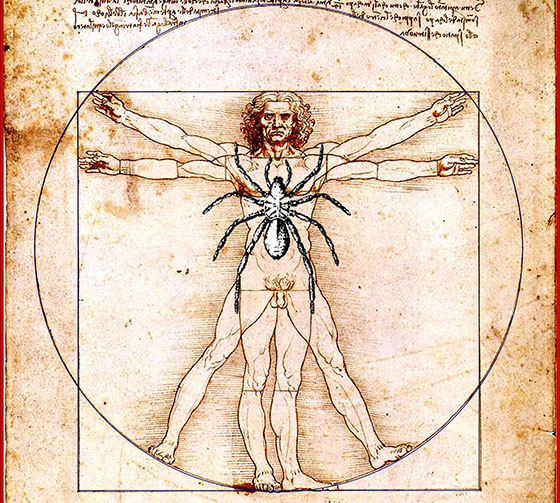
Meropi Zavlari, Zacharias Rohas, Lena GiakaThe Untold Story of Utopias
In the difficult financial times, we tend to look (individually or collectively) for the different, the "other", a Utopia (as it is often said). But what exactly is utopia and what historical and sociopolitical elements constitute it? Is it what we desire or what we have and it is devouring us? The lecture performance "The Untold Story of Utopias" asks to clash with those questions. Its text develops a dialogue with "The Portrait of Dorian Grey" (the novel by Oscar Wilde), excerpts of which will be recited by the actors (and theater directors) Zacharias Rohas and Lena Giaka. Its issues are creatively contrasted with the concepts of the portrait, mirror, representation, and the assemblage of "mimetic" and "semiotics" (at the differentiation of Roland Barthes) reading. Saturday, 30/11, 19:30–21:00, 8-10 Sofokleous st. |
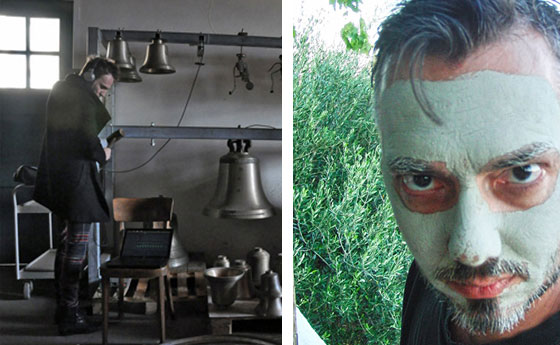
ILIOS, Nikos Veliotismusic Active since the early '90s in sound art and image, ILIOS has been exploring the extremes of sound and image derived phenomena. Through constant changes in his sonic palette touching and surpassing the limits of the sound spectrum ILIOS advocates for an anti-career. Some of ILIOS recorded output has been regarded by the media as: 'The sound of death' or 'The most enervating record imaginable'.
After a brief involvement in the Athens pop/electronic scene during the late '80s, Nikos Veliotis devoted himself to the experimental field (audio, working primarily with cello and video). Since the late '90s he has pushed the boundaries of sound and image using unorthodox cello techniques, floating long sustained sounds or silences and multilateral abstract visuals, overlays of digital trash and other digital found material. Saturday, 30/11, 21:00–22:00, 8–10 Sofokleous st. |
The program of the ninth week of AGORA is as follows:TUESDAY 26/1114:00 – 16:00 Zafos Xagoraris, L' Ecran Noir: Zywot Matewsza, screening, 8–10 Sofokleous16:00 – 21:00 Christina Vasilopoulou, Fanis Kafantaris, Poker Invitation, discussion/game, 8–10 Sofokleous 17:00 – 20:00 Mi You, Lisa Bensel, Archive Effect, workshop, 8–10 Sofokleous st (Machine room). |
WEDNESDAY 27/1115:00 – 19:00 Campus Novel, Collective Authorship, 8-10 Sofokleous st. (Machine room)17:00 – 19:00 Zafos Xagoraris, L' Ecran Noir: Doktor Glas, screening, 8–10 Sofokleous st. (Machine room) 18:00 – 19:00 OPSIS, Chrysanthi Koumianaki, presentation, 8-10 Sofokleous st. 19:00 – 20:00 OPSIS, Zafos Xagoraris, presentation, 8-10 Sofokleous st. 18:00 – 21:00 DemoCrates, music workshop, 8-10 Sofokleous st. |
THURSDAY 28/1115:00 – 19:00 Campus Novel, Collective Authorship, 8–10 Sofokleous st. (Machine room)17:00-19:00 Zafos Xagoraris, L' Ecran Noir: Grazie, zia, screening, 8–10 Sofokleous st. 19:00-20:00 Gudrun Wernet, Thomas Meisinger, Mullkabin (Waste cabin), 8–10 Sofokleous st. 20:00-21:00 Hilde de Bruijn, Annabel Howland, Producers-Parasites-Hosts (Athens mix), 8–10 Sofokleous st. |
FRIDAY 29/1115:00-19:00, Campus Novel, Collective Authorship, workshop 8–10 Sofokleous st. (Machine room)17:00-19:00, Zafos Xagoraris, L' Ecran Noir: Seduto alla sua destra, screening, 8–10 Sofokleous st. 19:00-20:00, OPSIS, Theo Prodromidis, Anja Kirschner, presentation, 8–10 Sofokleous st. 20:00-21:00, Madeleine Amsler, It Takes Two to Tango, series of performances, 8–10 Sofokleous st. |
SATURDAY 30/1115:30–17:00 Zafos Xagoraris, L' Ecran Noir: Csillagosok, katonak, screening, 8-10 Sofokleous st.16:00–17:00 Campus Novel, Collective Authorship, 8-10 Sofokleous st. (Machine room) 17:00–19:00 Katerina Zaharopoulou, In Agora x 4, performance, 8–10 Sofokleous st. 17:00–18:00 OPSIS, Dimitris Dokatzis, presentation, 8–10 Sofokleous st. 17:00–20:00 Value workshop, Value Archived: An Assessment of the Workshop, 8–10 Sofokleous st. (Machine room) 19:30–21:00, Meropi Zavlari, Zacharias Rohas, Lena Giaka, The Untold Story of Utopias, 8–10 Sofokleous st. 21:00–22:00 ILIOS, Nikos Veliotis, music, 8–10 Sofokleous st. (Machine room) |
4th ATHENS BIENNALE 2013 AGORANational Bank of Greece Building, 8–10 Sofokleous str.CAMP Contemporary Art Meeting Point, 4 Eupolidos & 2 Apellou str. 29th September – 1st December 2013 |
OPENING HOURSNational Bank of Greece Building, 8–10 Sofokleous str.CAMP Contemporary Art Meeting Point, 4 Eupolidos & 2 Apellou str. Tuesday–Friday: 13.00–21.00 Saturday & Sunday: 10.00–22.00 |
ADMISSIONAGORA offers a season ticket for the exhibition for 8 euros. The season ticket allows admission throughout the two months of the 4th Athens Biennale and for all the events hosted by the AGORA. Additionally, AGORA offers a daily ticket for 5 euros and a discount ticket for 3 euros, for students who hold a student ID, teens 12–18 years old and senior citizens (70 years old or above). Holders of the Manpower Employment Organization q(OAED) card, students of the Athens School of Fine Arts, members of the Chamber of Fine Arts of Greece, ICOM, AICA, IKT as well as special needs attendants are granted free entrance with appropriate ID. |
| For high resolution photographs, please visit the PRESS page of the AGORA webpage and the AGORA Facebook , Twitter, Instagram, Pinterest, Tumblr, YouTube, Vimeo pages. |
|
For more information please contact: Katerina Stavroula, Press Officer T: 0030 210 52 32 222, 210 52 32 224, Email: press@athensbiennial.org |
 |
|
<< Previous: 4th Athens Biennale 2013 AGORA WEEK 8 |
| Archive Index | |
Athens Biennale
Subscribe to Athens Biennale: